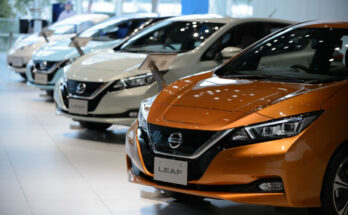Japanese automakers in Thailand, once the cornerstone of Southeast Asia’s auto production, are either downsizing or shutting down, ceding ground to the aggressive rise of Chinese electric vehicle (EV) manufacturers.
Subaru is halting production this month, Suzuki will shut operations by 2025, and Honda and Nissan are reducing output. The reason? Chinese EVs are transforming the market.
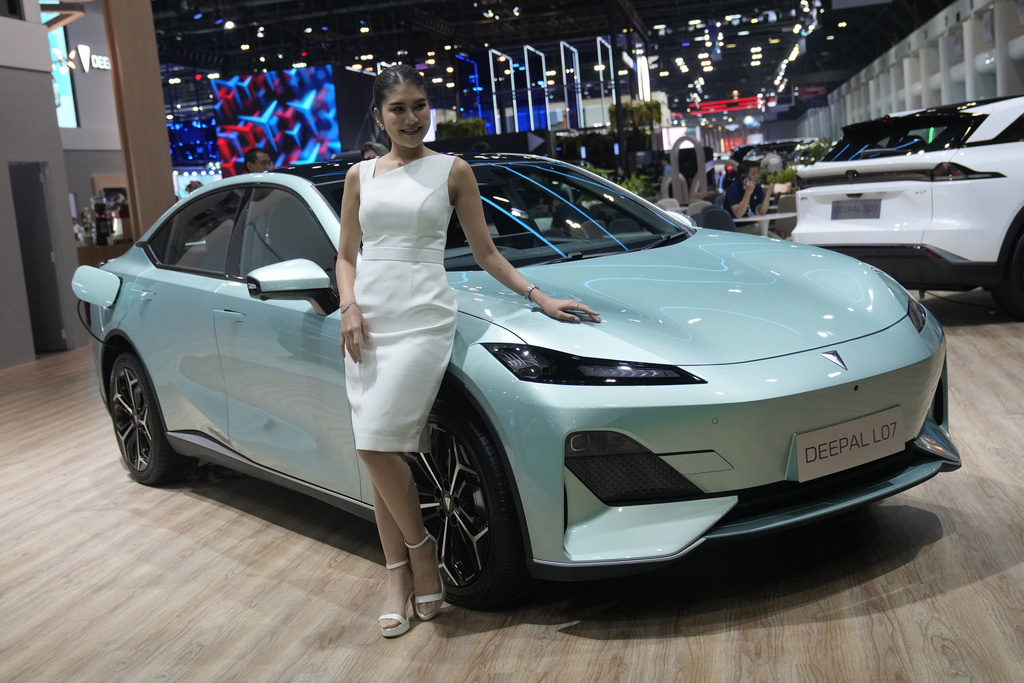
As part of its push to produce 30% electric vehicles by 2030, Thailand has attracted over $1.4 billion in Chinese investment for EV factories. These automakers, aiming for global expansion, are disrupting the local industry.
Related: Chinese EV Makers Heavily Investing in Thailand
“Japanese automakers are under immense pressure to cut costs to compete with Chinese brands,” said Larey Yoopensuk, chairman of the Federation of Thailand Automobile Workers. “They are questioning whether staying in Thailand is still viable.”
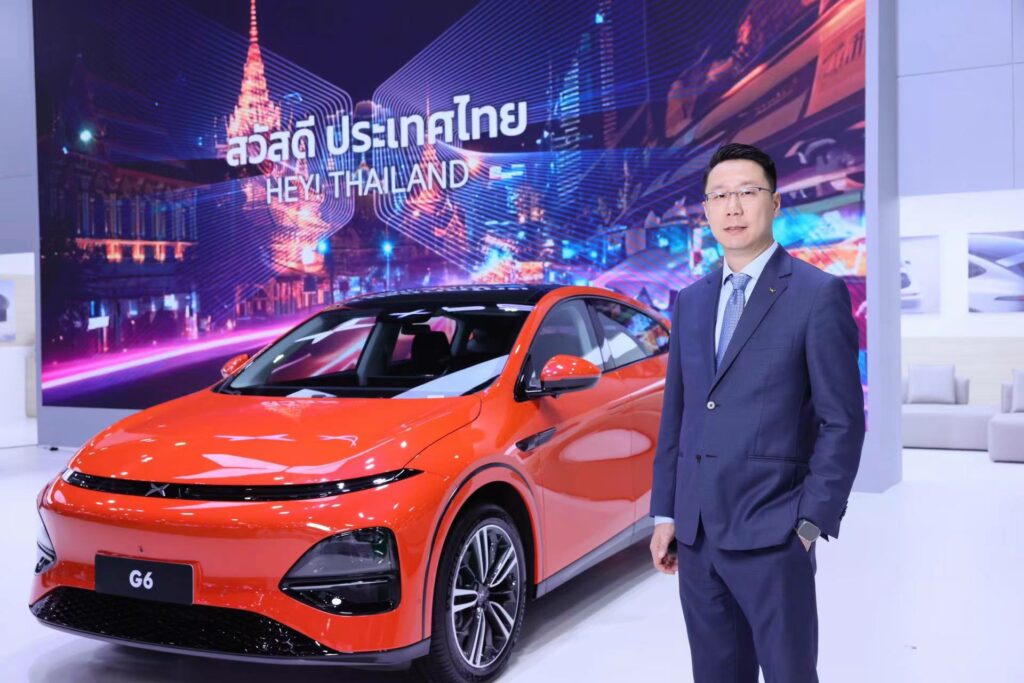
The shift is unsettling for Thai auto workers, many of whom have built Japanese vehicles for decades. Concerns include potential job losses, as Chinese manufacturers have historically resisted labor unions and are expected to rely more on automation and foreign labor from China and Vietnam.
“Unionized workers have fought for better conditions and incomes over the years,” Yoopensuk said. “But if displaced, older workers may struggle to find new jobs.”
Related: Chinese Cars Shaking Up the EV Market in Thailand
Chinese automakers’ expansion is also reshaping global trends. BYD, which opened a factory in Thailand this year, surpassed Tesla in global sales in 2023. The company’s Thai plant is expected to create 10,000 jobs and produce 150,000 vehicles annually. Competitive pricing, with some models under $25,000, has intensified a price war with Japanese brands.
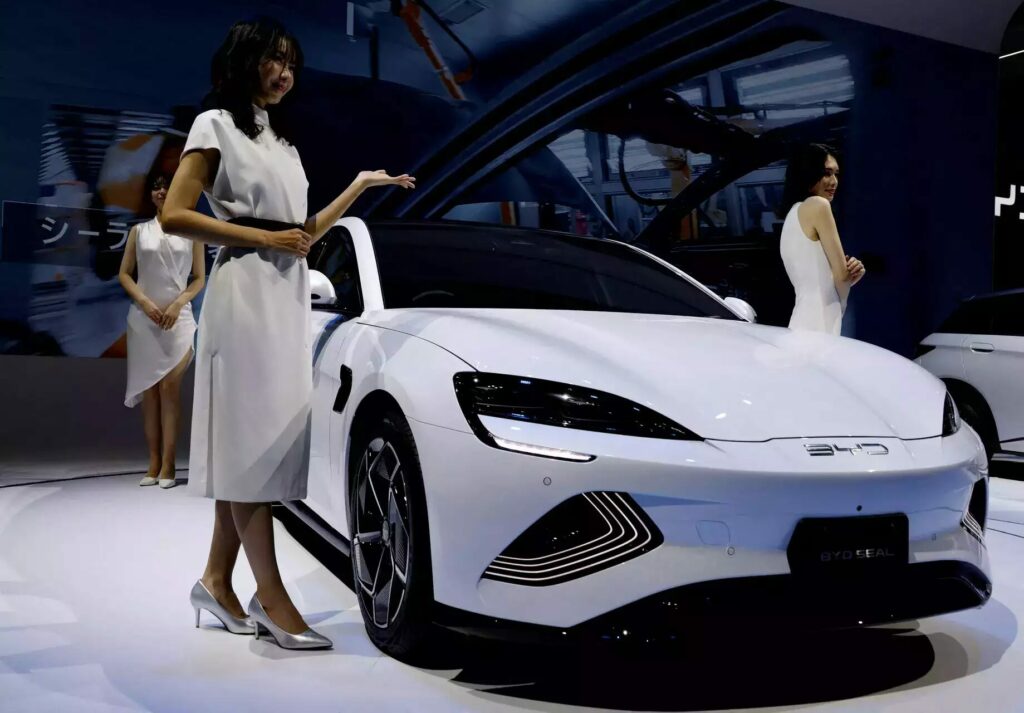
In response, Japanese companies are ramping up local production of hybrids and EVs, with Honda starting EV production in Thailand last December. However, the decline of gasoline-powered cars could render many traditional auto parts obsolete, impacting Thailand’s parts industry.
Related: Thailand Witnessed an EV Boom in 2023
The Thai Auto Parts Manufacturers Association estimates that fewer than 20 of the country’s 600 auto parts suppliers can transition to serving Chinese EV makers. Local suppliers, like Thai Metal Aluminum, have struggled to compete with the lower prices of Chinese rivals.

“We had hoped to benefit from the arrival of Chinese automakers, but they’re not buying from Thai suppliers,” said Supat Ratanasirivilai, the company’s managing director. Supat is calling on the government to protect local businesses by requiring EVs to include more locally sourced parts. “The Thai government seems to be giving Chinese automakers free rein,” he said. “It’s made things incredibly difficult for us, and the future feels uncertain.”
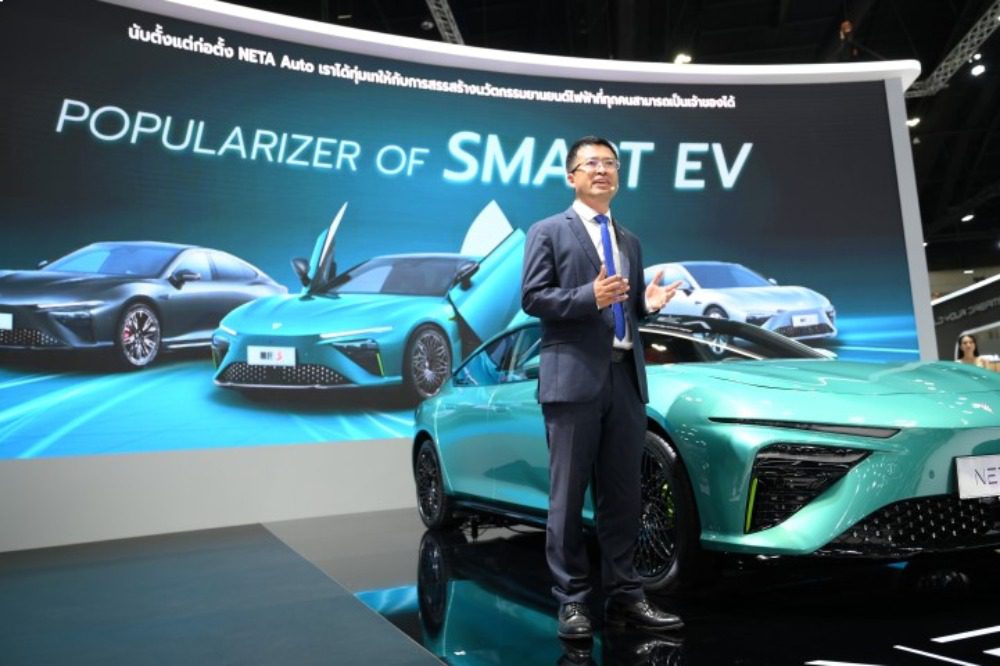
While Chinese EVs are gaining traction, with domestic sales up 11% this year, overall passenger car sales in Thailand dropped 23%, driven by rising debt and stricter loan policies. Gasoline-powered cars still dominate but are expected to lose ground as Thailand pushes for EV adoption through subsidies and investments.
Chinese automakers may be bringing jobs and innovation, but for Thailand’s longstanding auto industry, the transformation is both a challenge and a reckoning.

A computer animation professional with over 23 years of industry experience having served in leading organizations, TV channels & production facilities in Pakistan. An avid car enthusiast and petrolhead with an affection to deliver quality content to help shape opinions. Formerly written for PakWheels as well as major publications including Dawn. Founder of CarSpiritPK.com



